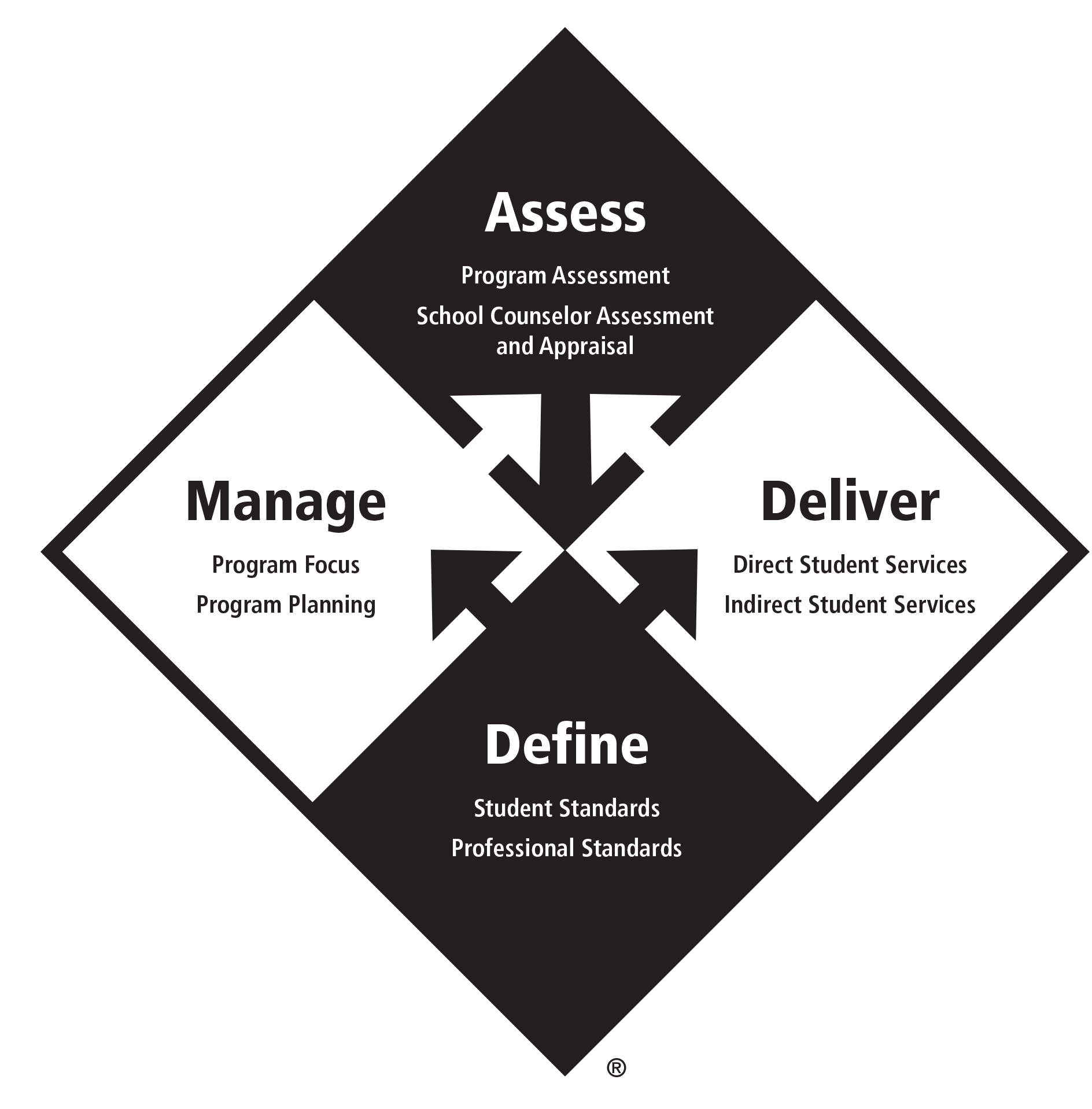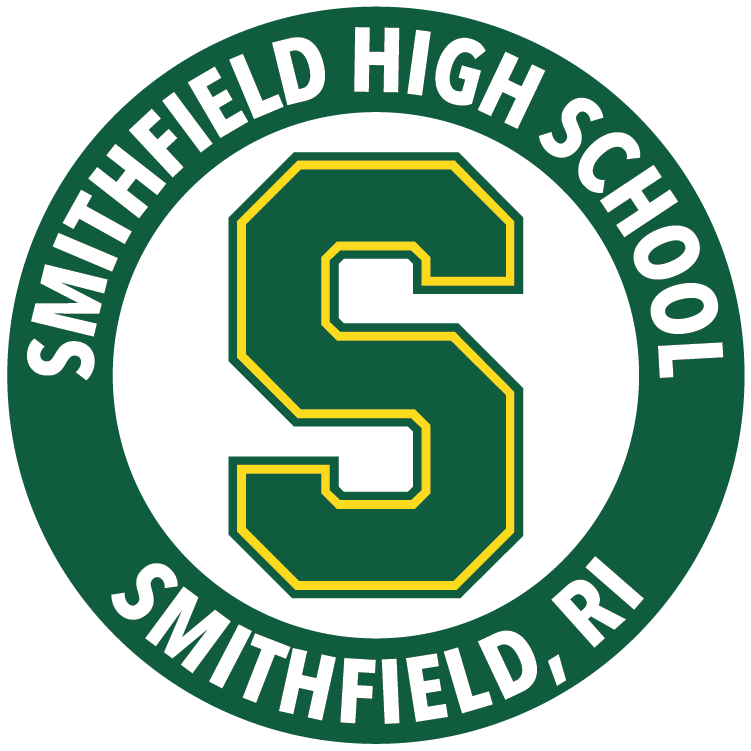Frequently asked questions....
WHAT IS A SCHOOL COUNSELOR?
School counselors address developmental needs of all students through a data-driven, comprehensive school counseling program addressing the academic, career and personal/social development of all students.
WHY WOULD A STUDENT SEE A SCHOOL COUNSELOR?
Academic/Educational Counseling – Students sometimes have academic problems in areas including study habits, expectations, time management, organizational skills, or they may struggle with the curriculum. A counselor may assist students in exploring solutions to these and other academic problems.
Personal/Social Counseling – A counselor may assist students in developing skills to interact more effectively with others, identify personal values, talents and interests and transition into and out of middle school. The counselor will also provide support and assistance to students and families in crisis and can provide referrals to outside agencies for more extensive assistance including counseling, evaluations or treatment.
Career/Vocational Counseling- A high school counselor can assist students with career exploration.
HOW DOES A STUDENT SEE A COUNSELOR?
If a student would like to see a counselor, he/she/they should ask his/her/their teacher for permission and instructions. Unless the student has an urgent need to see a counselor, the teacher may recommend a specific time for the student to leave class, so that the student does not miss too much important academic information. Additionally, a student is welcome to see his/her counselor during lunchtime, if the counselor is available.
Students can also email their school counselor to set up an appointment or scan their counselors QR code outside their door and their counselor will reach out as soon as they are available.
When the student arrives in the counseling office, they must scan in using the attendance QR code. Students will be seen immediately whenever possible.
HOW DOES A PARENT/GUARDIAN SEE A COUNSELOR?
Parents and guardians are welcome to meet with counselors and are asked to make appointments in advance, to ensure that the counselor will be available. You may call or email a counselor to set-up a meeting.

The ASCA National Model recommends the majority of the school counselor's time be spent in direct service to all students so that every student receives maximum benefits from the comprehensive school counseling program.
School counseling programs are collaborative efforts benefiting students, parents, teachers, administrators and the overall community. School counseling programs should be an integral part of students' daily educational environment, and school counselors should be partners in student achievement.
